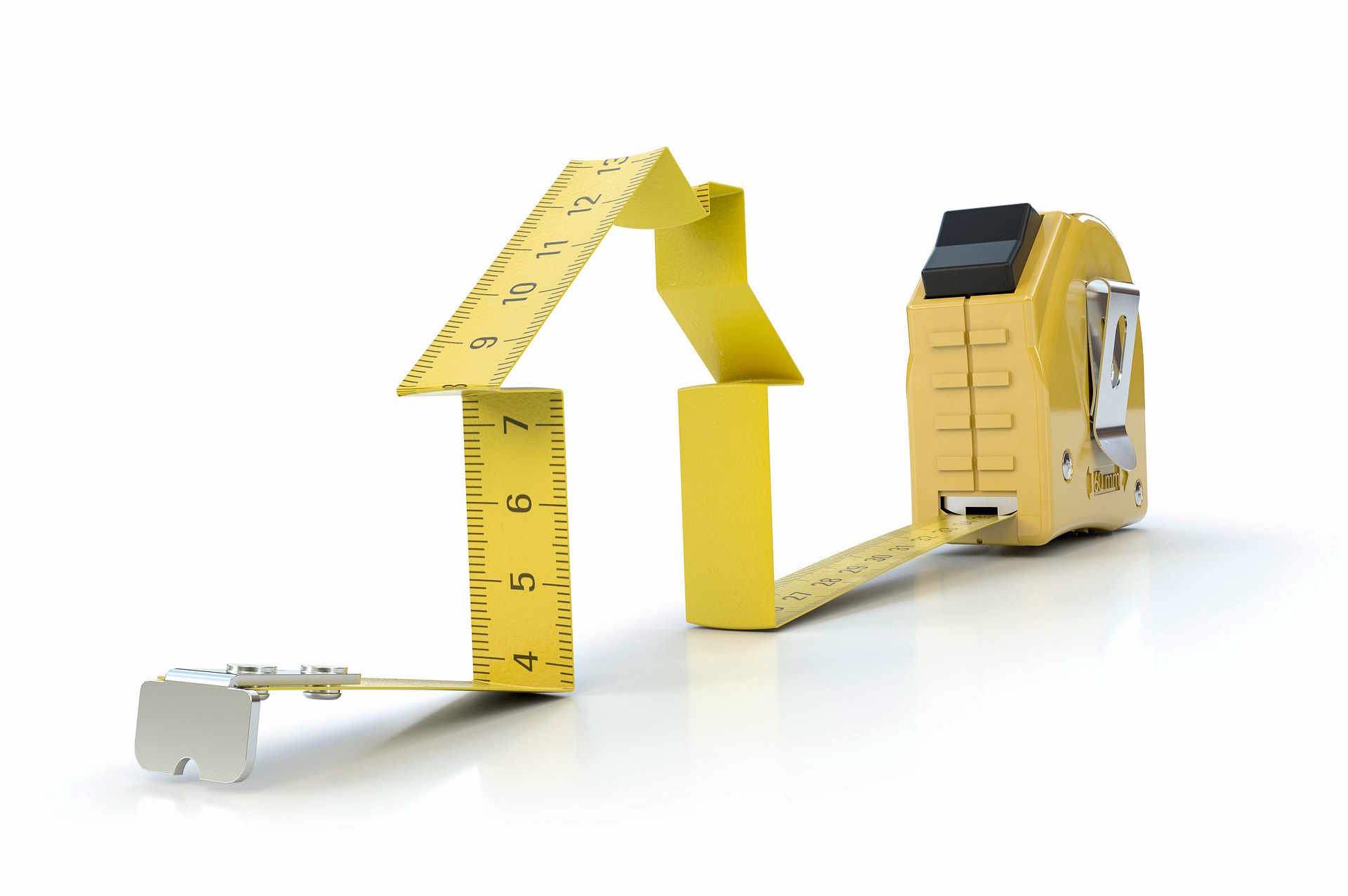Understanding Your Home's Value: A Comprehensive Guide
Determining the value of your home is a crucial step in many real estate decisions. Whether you're planning to sell, refinance, or simply curious about your property's worth, understanding home value is essential. This guide will explore the factors that influence home value, methods for estimation, and tools you can use to get an accurate assessment.

External factors such as the local real estate market, economic conditions, and interest rates can also affect property values. In a seller’s market with low inventory, home values tend to rise, while a buyer’s market may see values stabilize or even decrease. Understanding these various influences can help homeowners make informed decisions about their property.
How is home value typically calculated?
Real estate professionals use several methods to determine a property’s value. The most common approach is the comparative market analysis (CMA), which involves examining recent sales of similar properties in the same area. This method takes into account factors like size, condition, and features to find comparable homes and adjust for differences.
Another method is the cost approach, which estimates the value based on the cost to rebuild the home from scratch, plus the value of the land. This approach is often used for newer or unique properties where comparable sales may be limited. The income approach, primarily used for investment properties, calculates value based on the potential rental income the property could generate.
Professional appraisers may use a combination of these methods to arrive at a final value estimate. It’s important to note that while these calculations aim for accuracy, home value is ultimately subjective and can vary depending on market conditions and individual buyer preferences.
What tools are available for estimating home value?
In today’s digital age, numerous online tools and calculators are available to help homeowners estimate their property’s value. These tools typically use public records, recent sales data, and algorithms to provide a quick estimate. Popular options include Zillow’s Zestimate, Redfin’s Estimate, and Realtor.com’s home value tool.
While these online calculators can provide a helpful starting point, it’s important to understand their limitations. They may not account for recent renovations, unique features, or specific local market conditions. For a more accurate assessment, homeowners should consider consulting with a local real estate agent or professional appraiser who can provide a more nuanced evaluation based on firsthand knowledge of the property and local market trends.
How often should you check your home’s value?
The frequency with which you should check your home’s value depends on your specific circumstances and goals. If you’re actively planning to sell or refinance, it’s advisable to monitor your home’s value more closely, perhaps every few months. For homeowners not planning any immediate changes, an annual check can suffice to stay informed about their property’s worth and overall market trends.
Keep in mind that home values can fluctuate based on various factors, including seasonal changes in the real estate market. While it’s good to stay informed, avoid becoming overly fixated on short-term value changes, as real estate is typically a long-term investment.
What steps can you take to increase your home’s value?
Homeowners looking to boost their property’s value have several options. Renovations and upgrades can be effective, particularly in key areas like kitchens and bathrooms. However, it’s important to consider the potential return on investment, as not all improvements will significantly increase value.
Maintaining and improving curb appeal can also positively impact home value. This includes landscaping, exterior painting, and ensuring the property is well-maintained. Energy-efficient upgrades, such as installing solar panels or upgrading to energy-efficient appliances, can be attractive to potential buyers and potentially increase value.
It’s crucial to research which improvements are most valued in your specific market. Consulting with a local real estate agent can provide insights into which upgrades are likely to yield the best returns in your area.
How do market conditions affect home value?
Market conditions play a significant role in determining home values. In a strong seller’s market, where demand outpaces supply, home values tend to rise. Conversely, in a buyer’s market with an excess of inventory, values may stagnate or decline. Economic factors such as employment rates, population growth, and local development can also influence property values.
Interest rates are another critical factor. When rates are low, borrowing becomes more affordable, potentially increasing demand and driving up home values. Conversely, higher interest rates can cool the market and potentially lead to value stabilization or decline.
Understanding these market dynamics can help homeowners make informed decisions about when to sell, refinance, or invest in improvements. While individual homeowners can’t control market conditions, staying informed about local and national trends can provide valuable context for property-related decisions.
In conclusion, understanding home value is a multifaceted process that involves considering various factors, from property-specific attributes to broader market conditions. While online tools and calculators can provide quick estimates, consulting with local real estate professionals remains the most reliable way to get an accurate assessment of your home’s value. By staying informed and proactive, homeowners can make smart decisions to protect and potentially increase their property’s worth over time.






